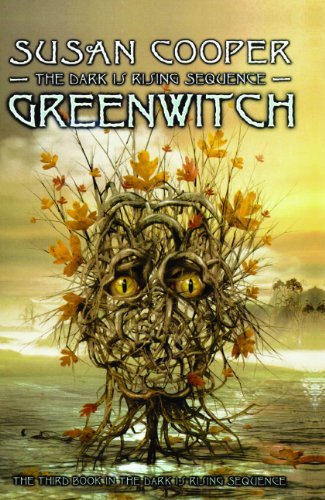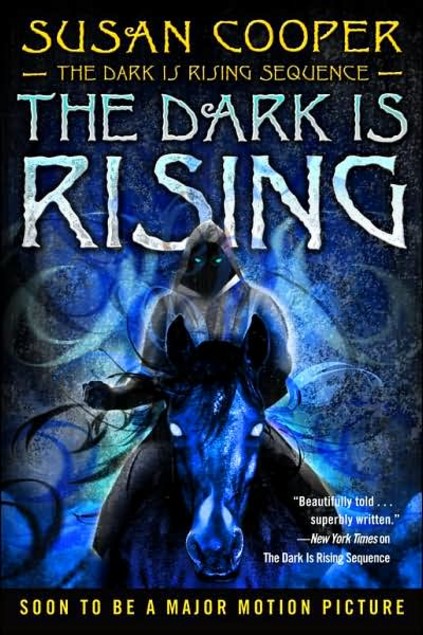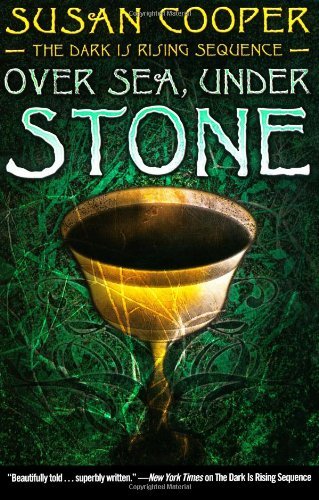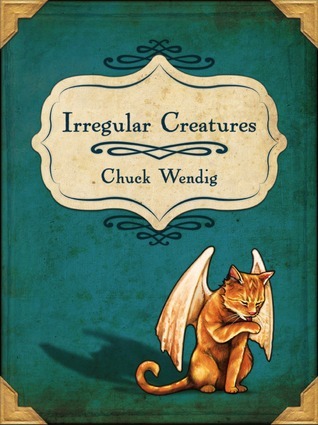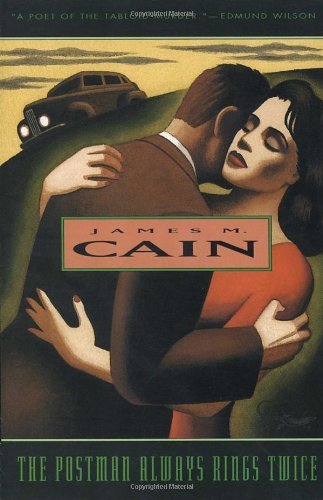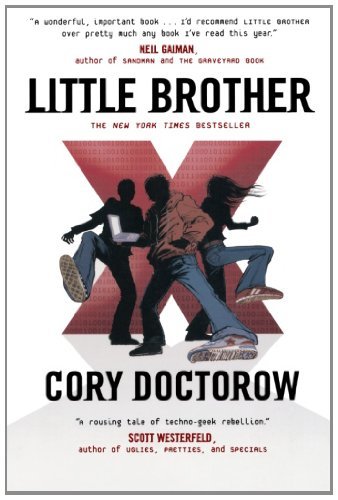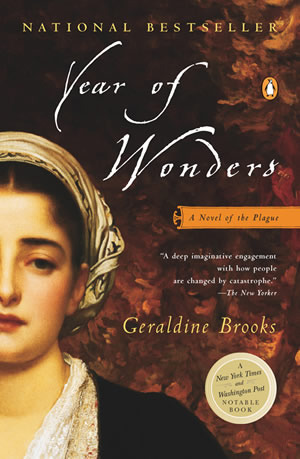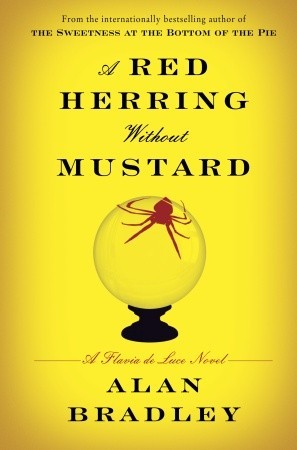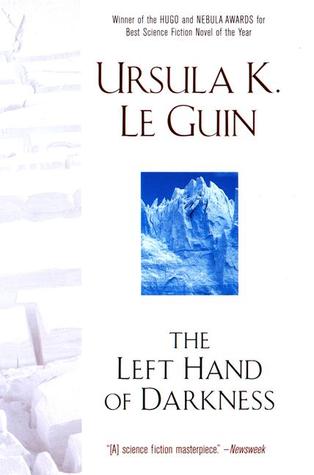Greenwitch isn’t really my favourite book of the series, though it is the one with the most mystery — I wonder a lot about the background mythology, the legends of Cornwall that the Greenwitch brings to life and what lies behind each glimpse of part of a story. It occurred to me last night while reading that maybe Susan Cooper has come closer than Tolkien to a “mythology for England”. Granted, he’s closer if you’re looking at England as “the land under the rule of the Anglo-Saxons”, but Cooper has touched on the legends of the land, the real stories that matter, rather than inventing a quest and a ring. Her quests come organically out of the mythology she’s using, and the places where she joins on her own are pretty seamless.
(Tolkien has created a world of his own, I think, and people often put too much emphasis on the “mythology for England” stuff. I don’t mean to do that: whether or not he meant to achieve that, what he achieved in the end was great. I just think the idea of a mythology for England is maybe actually achieved by Cooper.)
Greenwitch also features one of the things I love most about this series — the characters. They’re people. Simon and Barney are good-hearted boys who get jealous and possessive when another boy of a similar age seems to encroach on their time and their friends. Captain Toms, an Old One of the Light, gets laid low by gout. And I liked that the Dark is personified in a single character, this one time — not as the tide of the Dark, but as a single man of the Dark. We see hints of individuality there; his bitterness when he says “I have no friends”, his genuine artistic talent. It’s another of those moments where I think the black/white Dark/Light dichotomy cracks a little.
There are also some gorgeous passages in this book about the beauty and danger of the sea, the amoral and uncaring world of the Wild magic (and then, again, that hint of the Greenwitch as a child, as a lonely creation in need of something to hold on to, of kindness).
